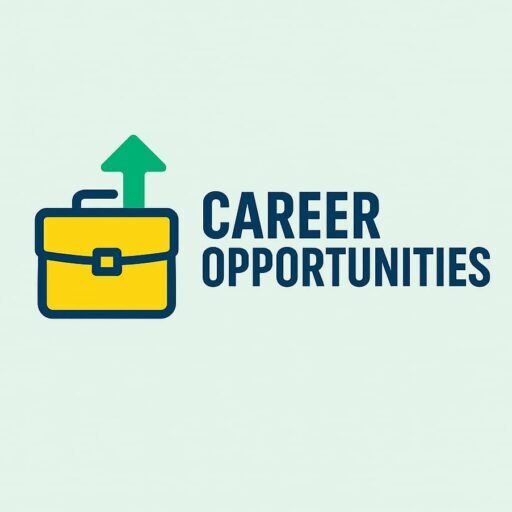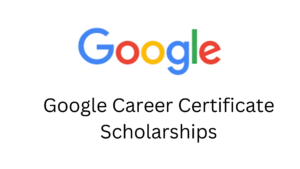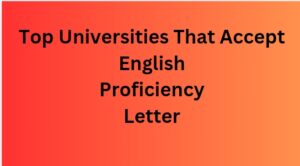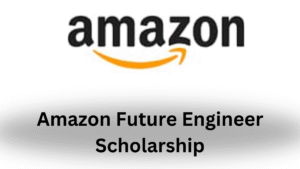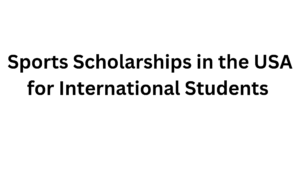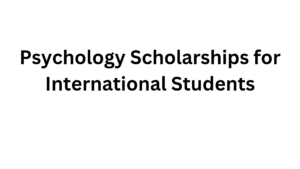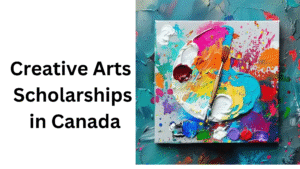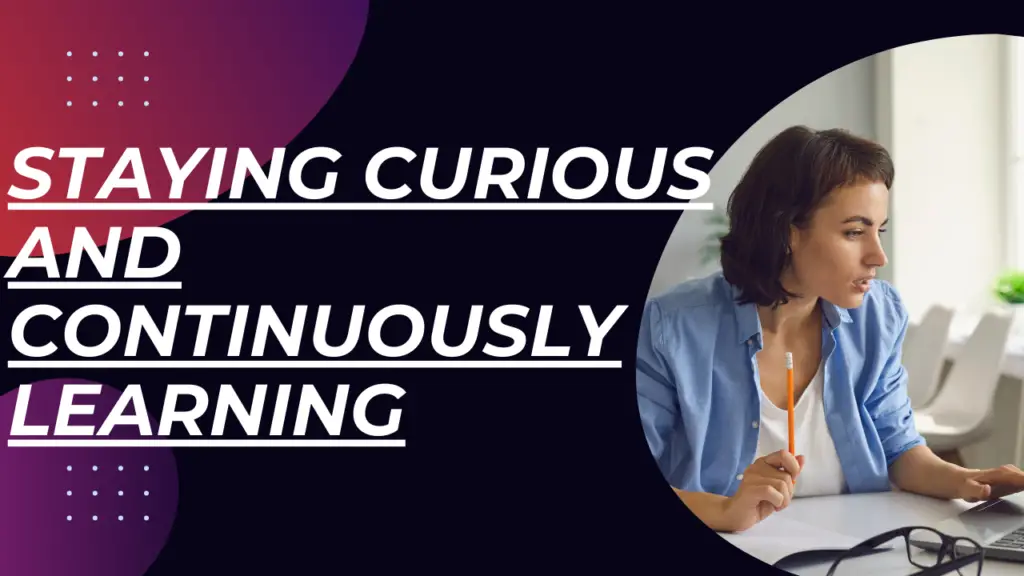
Table of Contents
In a world that’s advancing at lightning speed, the skills that are relevant today might not be as valuable tomorrow. To build a career that stands the test of time, you need more than just technical know-how or expertise—you need an adaptable mindset fueled by curiosity and a passion for lifelong learning. Many professionals plateau because they stop investing in personal development after reaching a certain level, thinking they know enough. However, the most successful individuals never stop learning, and they understand that knowledge and skills are assets that should be continuously built upon.
Here are five compelling reasons why embracing a habit of continuous learning will help you create a sustainable, successful, and fulfilling career.
1. Continuous Learning Keeps Your Skills Relevant
In nearly every field, change is constant. Technology and industry trends continue to evolve, and the practices that were once standard become obsolete faster than ever. Just a few years ago, knowing how to use basic Microsoft Office programs was considered adequate for many office jobs. Now, roles across industries require proficiency in specialized software, digital tools, data analysis, and, often, basic coding skills.
By making a habit of continuous learning, you ensure that your skills remain relevant and up-to-date, no matter how quickly things change. This could mean learning new software, keeping an eye on emerging industry standards, or even studying areas related to your field that could help you understand your job from a broader perspective. Staying updated doesn’t just protect your job security—it also enhances your ability to innovate and make a meaningful impact. Employers place immense value on employees who are proactive about staying current because they recognize that these professionals are more adaptable, resilient, and engaged.
2. Curiosity Opens Doors to Unexpected Opportunities
One of the greatest rewards of maintaining curiosity is that it pushes you to explore areas outside of your current role or expertise. This can lead to surprising opportunities that you might never have considered if you were just following a rigid career path. For instance, a marketing professional who takes the time to learn more about data analytics may find an opportunity to specialize in digital strategy, tapping into the booming field of data-driven marketing. Similarly, a designer who learns about coding could become a valuable asset as a user experience (UX) expert, bridging the gap between design and development.
💬 Get Paid in Dollars Just by Chatting With Lonely People
Imagine earning daily dollar income from anywhere in the world — no degree, no experience, no interviews — just your phone or laptop.
People are getting paid simply to chat, listen, and keep others company online. This short ebook reveals:
- ✔ Legit platforms that pay in USD
- ✔ How Africans can register & withdraw successfully
- ✔ What to say to keep conversations paid
- ✔ How beginners start with zero experience
Instant download • Works worldwide • Beginner-friendly
Staying curious helps you see beyond your current job title and explore paths that could enhance or expand your career. You may discover a passion for an area you hadn’t even considered, or you may develop cross-functional skills that make you uniquely qualified for specialized roles. This willingness to explore and expand your knowledge not only enriches your career but also makes you a more versatile and valuable team member, capable of adapting to new roles and responsibilities.
3. Small, Daily Learning Habits Lead to Major Growth
Continuous learning doesn’t mean spending hours every day in classes or workshops; it can be as simple as dedicating 15–20 minutes a day to reading industry articles, watching educational videos, or practicing new skills. These small, daily efforts compound over time, leading to significant growth without overwhelming your schedule.
The key to making learning a sustainable habit is consistency. Set aside a few minutes each day for learning—whether it’s a quick tutorial on a new tool, reading a chapter of a book, or reviewing updates in your field. Over time, these microlearning moments accumulate and significantly expand your knowledge and skill set. Additionally, this approach keeps learning fresh and manageable, preventing burnout and ensuring that learning becomes an integrated part of your routine. The result is a mindset that continuously seeks improvement, an invaluable asset for long-term success in any career.
4. Learning from Colleagues and Mentors Deepens Your Perspective
Your professional circle—colleagues, mentors, supervisors, and even friends in different industries—represents an invaluable resource for learning. When you’re curious, you’re more inclined to ask questions, seek advice, and actively listen to others’ insights and experiences. This collaborative approach to learning not only broadens your perspective but also provides practical knowledge that you may not find in traditional educational resources.
Engaging with people who have diverse backgrounds and skill sets can help you develop a more holistic view of your field and even uncover new ways to approach challenges. For example, working closely with a colleague from a different department might help you understand the broader goals and operational challenges of your organization, which can improve your work’s impact. Seeking advice from mentors can help you navigate career obstacles with insight that only comes from experience. Through curiosity-driven interactions, you build a network of insights that can guide your decisions and shape your career in unexpected, rewarding ways.
5. Investing in Education Shows Commitment to Personal Growth
Investing in your education—whether through formal courses, certifications, or informal learning—demonstrates a proactive approach to personal and professional growth. Employers recognize that candidates who prioritize their learning are more likely to be driven, disciplined, and committed to their careers. This is a valuable trait, and many employers are willing to invest further in employees who are committed to self-improvement.
Education investments don’t have to be costly or involve lengthy commitments; there are countless free or low-cost online courses, webinars, and resources available in virtually every field. The key is to select resources that are aligned with your career goals. For instance, if you’re in project management, certifications like PMP (Project Management Professional) could add a new layer of expertise and credibility. Similarly, fields like marketing, IT, and finance have a wealth of courses and certifications that can enhance your skills and open up new career paths.
When you actively seek new knowledge, you also create a feedback loop of growth and confidence. The more you learn, the more confident you become in your abilities, and this confidence translates into stronger job performance, making you more competitive in the job market. Over time, this cycle of learning, growth, and application becomes a foundational part of your career success.
Final Thoughts: Building a Career Through Curiosity and Lifelong Learning
The ability to adapt to change is one of the most sought-after skills in today’s dynamic job market. By embracing curiosity and committing to lifelong learning, you position yourself as an adaptable and resilient professional who is ready to thrive in any environment. While some may view learning as a burden, it’s actually a pathway to a more rewarding, sustainable, and impactful career. Remember, the most successful careers are built not just on hard work, but on a foundation of continuous growth and exploration.
With these five principles of continuous learning, you can keep your career fresh, open new doors of opportunity, and build a skill set that evolves with you. Whether it’s through small daily actions or investing in more formal education, a commitment to learning is the key to unlocking a fulfilling, long-lasting career. Embrace your curiosity, and make learning a habit—it’s the best investment you can make in your future.
For more information, read this article by Cornerstone.
See also:
Valencia College Global Achievers Scholarship 2025/2026 for International Students: Apply Now!
Coca-Cola Scholarship 2024–25: Apply Now!
The University of Turin Scholarships 2024/25 in Italy: Apply Now!
🔥 Want to Make Money Online the Right Way?
Discover how smart people are quietly earning with AI, Email Marketing, CPA, LinkedIn, Online Teaching & Content Creation.
This is not theory — it’s a step-by-step system.
👉 Get the Ebook Now